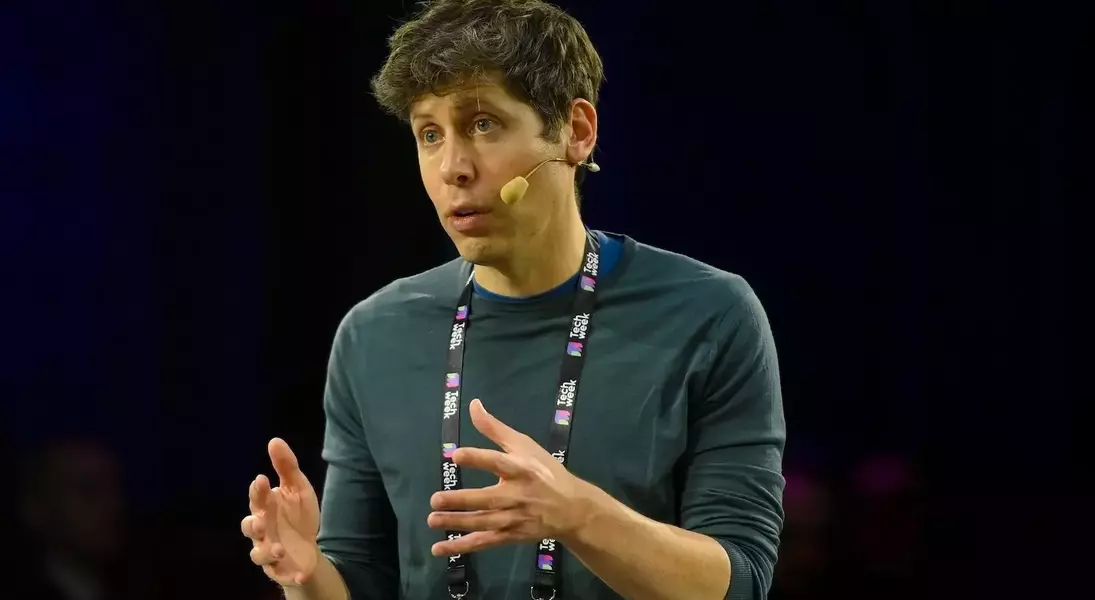
In a recent announcement, OpenAI CEO Sam Altman revealed plans to enhance accessibility to the company's advanced Deep Research model for free-tier users of ChatGPT. This move is part of a broader strategy to streamline and consolidate the various AI models currently available, addressing user complaints about complexity. The Deep Research model, known for its detailed and time-consuming research reports, has so far been limited to premium subscribers. Additionally, Altman hinted at future updates aimed at unifying different AI systems to create a more versatile and intuitive user experience.
Deep Dive into OpenAI's Strategic Moves
In the heart of technological innovation, OpenAI is set to revolutionize access to its cutting-edge tools. In a post on X, CEO Sam Altman shared that the company will soon grant free-tier ChatGPT users unlimited access to an enhanced model, which includes built-in o3 capabilities. Previously, this feature was exclusive to premium members who paid $200 monthly. This expansion aims to democratize access to powerful AI technologies, making them available to a broader audience. Altman also mentioned that initial offerings would be limited—10 uses per month for premium users and 2 for free-tier users—but these numbers are expected to increase over time.
The consolidation of OpenAI's diverse models is another significant development. Users have long struggled with understanding the differences between various models, leading to confusion. To address this, Altman emphasized the company's intention to unify the o-series and GPT-series models, creating a single, intelligent system capable of handling a wide range of tasks efficiently. This unified approach will enable the AI to decide when to perform in-depth analysis and when to provide quick responses, enhancing overall utility.
Deep Research, a colloquial term for large language models using "test-time" computing, stands out for its ability to generate comprehensive research reports. However, concerns remain about the accuracy of AI-generated content. Despite its impressive capabilities, Deep Research and similar models have faced criticism for occasional inaccuracies, as seen in instances where AI chatbots provided incorrect information. This highlights the ongoing challenge of ensuring AI outputs are reliable and factually correct.
Furthermore, OpenAI faces external pressures, notably a legal dispute with Elon Musk, who recently made a hostile $97 billion offer to acquire the company. While Musk successfully took control of Twitter, OpenAI's unique status as a private, non-profit entity complicates such acquisition attempts. For now, OpenAI remains focused on advancing its technology and improving user experiences.
From a journalist's perspective, OpenAI's moves signal a pivotal moment in AI development. By expanding access and simplifying model offerings, the company is pushing boundaries while acknowledging the need for caution in ensuring accuracy. This balance between innovation and reliability will be crucial as AI continues to integrate into everyday life, shaping industries and influencing how we interact with technology.
